Good Morning from San Francisco,
Productivity promised, rungs removed. A new Stanford analysis using ADP payroll data finds employment for 22- to 25-year-olds in AI-exposed jobs down 16% since late 2022; junior software roles are off nearly 20%. Older colleagues? Largely intact. That’s the story in one chart.
The pattern is clear: AI feasts on codified, well-documented tasks and leaves experience-heavy work alone. Where companies automate, entry jobs vanish. Where teams use AI to augment, the ladder holds. Training pathways narrow either way. That’s the tension.
Meanwhile, Elon Musk’s xAI has sued Apple and OpenAI, alleging App Store favoritism. The timing invites debate: DeepSeek hit No. 1 on the U.S. App Store in late January—about seven months after Apple announced its ChatGPT tie-in—and Sensor Tower data indicates Grok also briefly reached No. 1 in February.
Facts that muddy the frame.
The takeaway is blunt: AI is rewriting the first rung of careers while the platform fight heads to court. Watch both.
Stay curious,
Marcus Schuler
Stanford study finds 16% job decline for young workers

Stanford researchers analyzing payroll records from millions of workers found employment for people aged 22-25 dropped 16% in AI-exposed occupations since late 2022.
Young software developers saw nearly 20% fewer positions. Workers over 35 in identical roles experienced stable or growing employment.
The split reflects AI's strength with codified knowledge—programming syntax, customer service scripts—versus struggle with tacit skills accumulated through experience. Companies using AI for automation cut more entry-level jobs, while those deploying AI to augment workers maintained or increased hiring.
The study used ADP data covering tens of thousands of firms through mid-2025, providing the first large-scale evidence beyond surveys or job postings. The pattern creates a training paradox: if routine work that traditionally trains juniors disappears, industries risk losing institutional knowledge as current experts retire.
Why this matters:
• Structural talent pipeline disruption: Industries must redesign career development systems or face expertise gaps as senior workers retire without trained replacements
• Implementation strategy determines outcomes: Companies choosing augmentation over automation preserve learning opportunities while maintaining AI productivity gains

AI Image of the Day

Prompt:
A highly detailed textile art illustration of a young woman reading a book, crafted entirely from yarn and embroidery thread. She has neatly tied blonde yarn hair in a bun, wears black glasses, and has rosy cheeks with red lips. She is dressed in a knitted beige dress with vertical ribbing and a textured orange-red cardigan with large buttons and wide sleeves. One hand holds an open book with a beige cover and orange border, while the other rests casually in her cardigan pocket. The entire artwork is made from meticulously arranged yarn, thread, and fabric textures on a neutral canvas background, showing extreme attention to detail in the woven hair strands, knitted clothing patterns, and stitching.
Musk sues Apple over AI access conspiracy
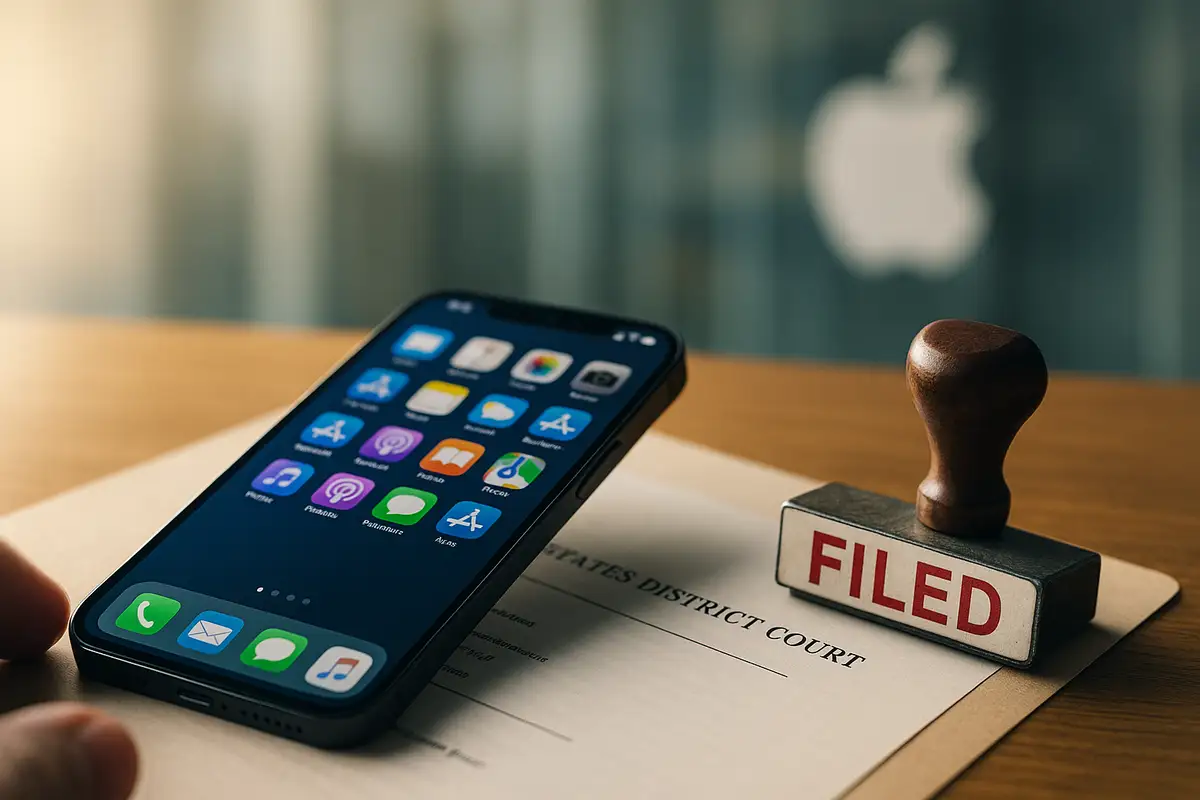
Musk's xAI and X sued Apple and OpenAI on August 25 in Texas federal court, alleging conspiracy to suppress iPhone AI competitors through App Store manipulation and exclusive ChatGPT integration.
The timing targets broader platform scrutiny. Apple faces mounting regulatory pressure over gatekeeping while U.S. and EU enforcers probe Big Tech distribution control. From Musk's perspective, Apple's ChatGPT deal creates structural exclusion through OS-level integration. From Apple's view, rankings remain algorithmic and objective.
The evidence undermines conspiracy claims. DeepSeek reached #1 in January 2025—seven months after Apple's June 2024 OpenAI partnership began. Perplexity hit #1 in July. Most problematically, Musk's own Grok achieved #1 status for two days in February when Grok-3 became free.
The structural shift is real: AI competition now hinges on distribution access rather than model superiority. OS integration provides massive reach advantages over standalone apps.
Why this matters:
• Courts must distinguish platform preference from unlawful exclusion—a ruling reshaping every AI-phone partnership
• The case tests whether technical integration advantages constitute anticompetitive foreclosure in emerging technology markets
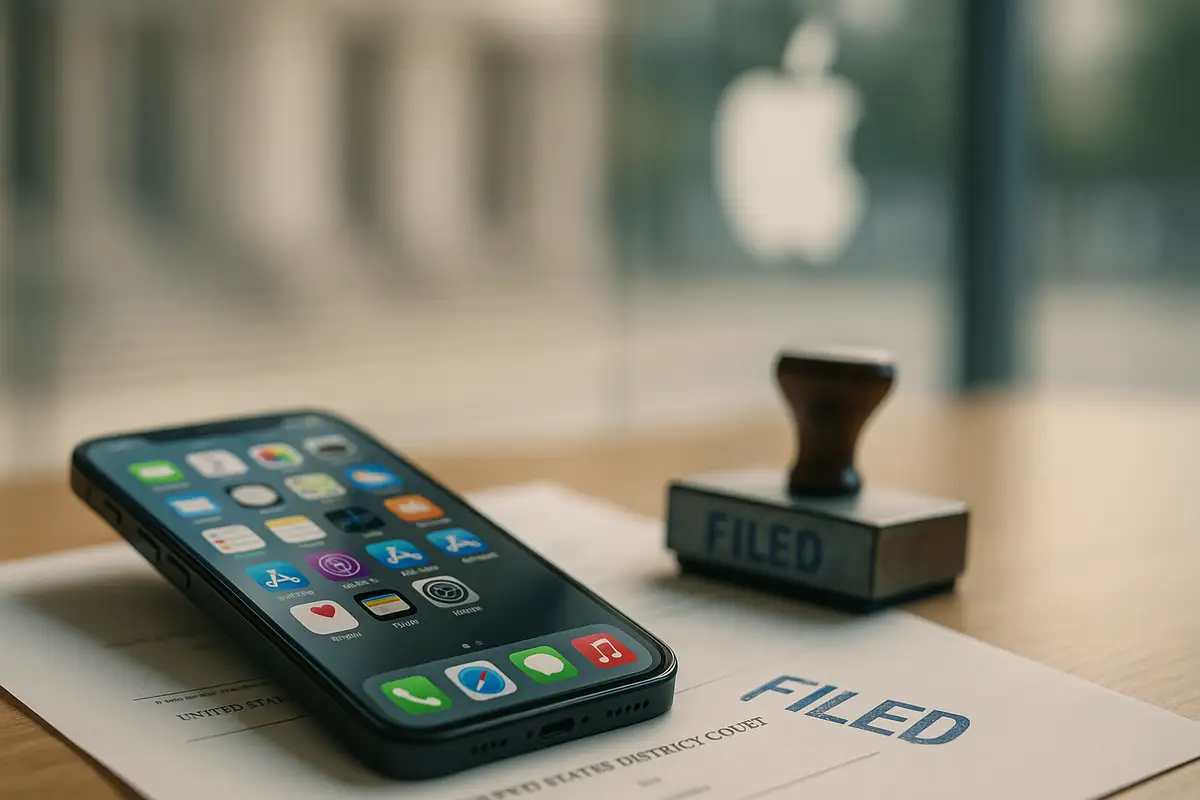
🧰 AI Toolbox
How to Create Visual Learning Boards with AI
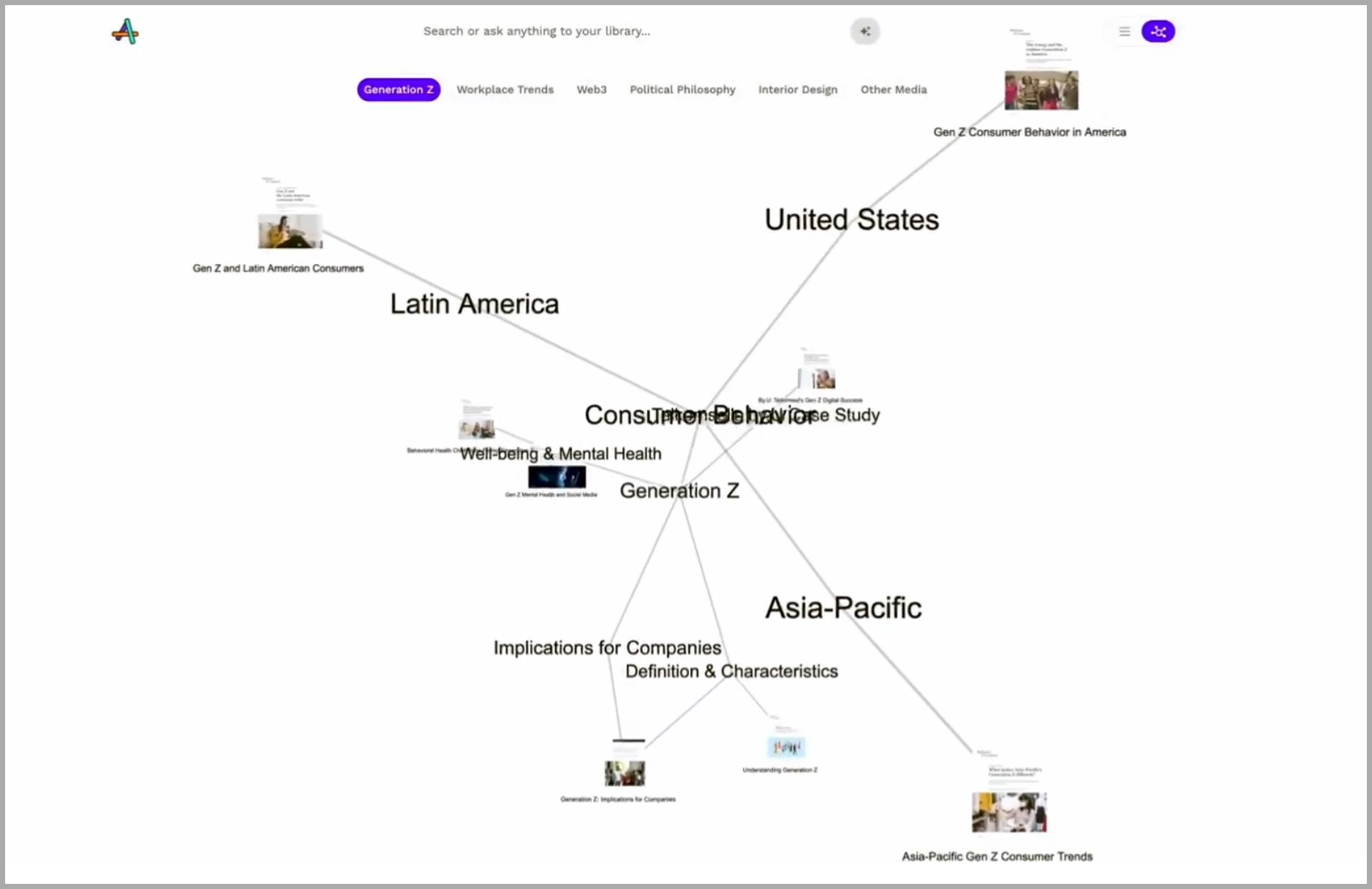
Albus transforms how you explore topics by creating interactive visual boards powered by AI. It combines the search power of Google with Pinterest's visual approach, letting you break down complex subjects into organized, engaging content boards.
Tutorial:
- Go to the Albus website
- Type in any topic or title you want to explore
- Watch as Albus creates a visual board with related content and insights
- Add your own notes and generate relevant images using AI
- Ask questions to discover new angles and connections
- Organize and present your ideas on an infinite canvas
- Export or share your knowledge boards with others
URL: https://albus.org/
Better prompting...
Today: Prompt Rewriting Techniques
You're a skilled prompt writer. Your job: take any prompt I give you and rewrite it 10 different ways.
Each version should:
- Serve the same purpose as the original
- Use a different approach or angle
- Be clear and actionable
Focus on making prompts that work well, not just creative variations.
What prompt would you like me to rewrite?
AI & Tech News
44 attorneys general warn AI companies over child safety risks
Forty-four attorneys general sent an open letter to major AI chatbot companies including OpenAI, Meta, and Anthropic, warning they will "answer for it" if they knowingly harm children through sexually explicit conversations or dangerous behavior encouragement. The coordinated threat from state prosecutors signals a shift toward proactive legal action against AI companies, moving beyond the reactive approach that allowed social media platforms to cause widespread harm to minors before facing consequences.
Japanese media giants sue Perplexity for $30 million over copyright theft
Japan's Nikkei and Asahi Shimbun filed a joint lawsuit seeking $30 million from AI search engine Perplexity, claiming the company copied and stored their articles without permission while ignoring technical blocks designed to prevent scraping. The case signals growing legal pressure on AI companies worldwide as publishers push back against what they call "free riding" on journalism that could undermine the economics of news production.
Intel warns investors about Trump deal risks in SEC filing
Intel warned of "adverse reactions" from investors and international customers in a Monday SEC filing about the Trump administration's 10% stake in the company, citing concerns over the president's shifting trade policies affecting its $40 billion in overseas revenue. The deal directly links Intel's global chip business to Washington's geopolitical strategy, creating new risks for a company that depends on international markets for three-quarters of its sales.
Microsoft asked FBI to track employee protests over Israel ties
Microsoft asked the FBI for help tracking employee protests over the company's business ties with Israel, according to documents reviewed by Bloomberg, as the software maker struggles with a year-long campaign by workers demanding it cut cloud computing contracts with the Israeli military. The request marks an escalation in how major tech companies handle internal dissent, with Microsoft now relying on federal law enforcement to monitor its own workforce after 20 protesters were arrested at company headquarters last week.
Trump weighs sanctions on EU officials over tech law
Trump administration officials are considering visa restrictions on European Union officials who implement the bloc's Digital Services Act, escalating Washington's fight against what it calls censorship of conservative voices by European tech regulation. The potential sanctions would mark an unprecedented step of punishing foreign government officials over domestic policy, signaling how trade disputes now extend into ideological battles over online speech and content moderation.
Temu resumes China shipping after Trump trade truce
Temu resumed shipping goods directly from Chinese factories to US consumers in July after suspending the service in May, following a trade truce that cut extra tariffs on Chinese goods to 30% for 90 days. The move signals how quickly global supply chains adapt to shifting trade policies, as the bargain shopping platform rebuilds logistics it dismantled when Trump threatened to eliminate the $800 tax-free shipping threshold that fuels its business model.
Google expands NotebookLM video summaries to 80 languages
Google updated NotebookLM to support video and audio overviews in 80 languages including French, German, Spanish, and Japanese, expanding beyond its previous English-only limitation. The move positions Google's AI note-taking tool to compete globally as companies race to capture non-English speaking markets for generative AI applications.
A24 launches AI lab despite filmmaker resistance to automation
A24 created A24 Labs to explore AI tools for filmmaking, led by Scott Belsky who's building a team to help directors "pre-visualize characters, costumes, and particular scenes" and engage in "deep conversations with an LLM to debate a character's mindset." The studio's AI push faces pushback from key talent including Ari Aster, who warns that engineers talk about AI "as a god," and "Everything Everywhere All at Once" co-director Daniel Kwan, who calls AI "fundamentally incompatible" with creative institutions and wants studios to form "a unified front against the tech industry."
AT&T buys EchoStar spectrum licenses for $23 billion
AT&T agreed to buy EchoStar's spectrum licenses for $23 billion in cash, rescuing the satellite company from regulatory pressure and potential bankruptcy after it skipped bond payments and faced federal investigations over unused wireless airwaves. The deal expands AT&T's 5G network capacity while solving EchoStar's immediate cash crisis, with the purchase price coming in $9 billion above what EchoStar originally paid for the spectrum.
Tesla rejected $60M settlement, lost $243M verdict
Tesla turned down a $60 million settlement offer before losing a $243 million jury verdict in the first wrongful death trial involving its Autopilot system, court filings revealed Monday. The rejected deal now costs Tesla four times more after jurors found the company liable for $42.6 million in compensatory damages plus $200 million in punitive damages from a 2019 crash that killed a bystander.
Klarna seeks $14 billion IPO after Trump tariff pause
Swedish fintech Klarna will restart its US IPO next month seeking a $13-14 billion valuation, down sharply from its $50 billion target in 2021, after pausing plans in April when Trump's tariffs rattled markets. The 70% valuation cut reflects how trade policy uncertainty has reset investor expectations for high-growth fintech companies seeking public market access.
a16z builds a luxury space heater
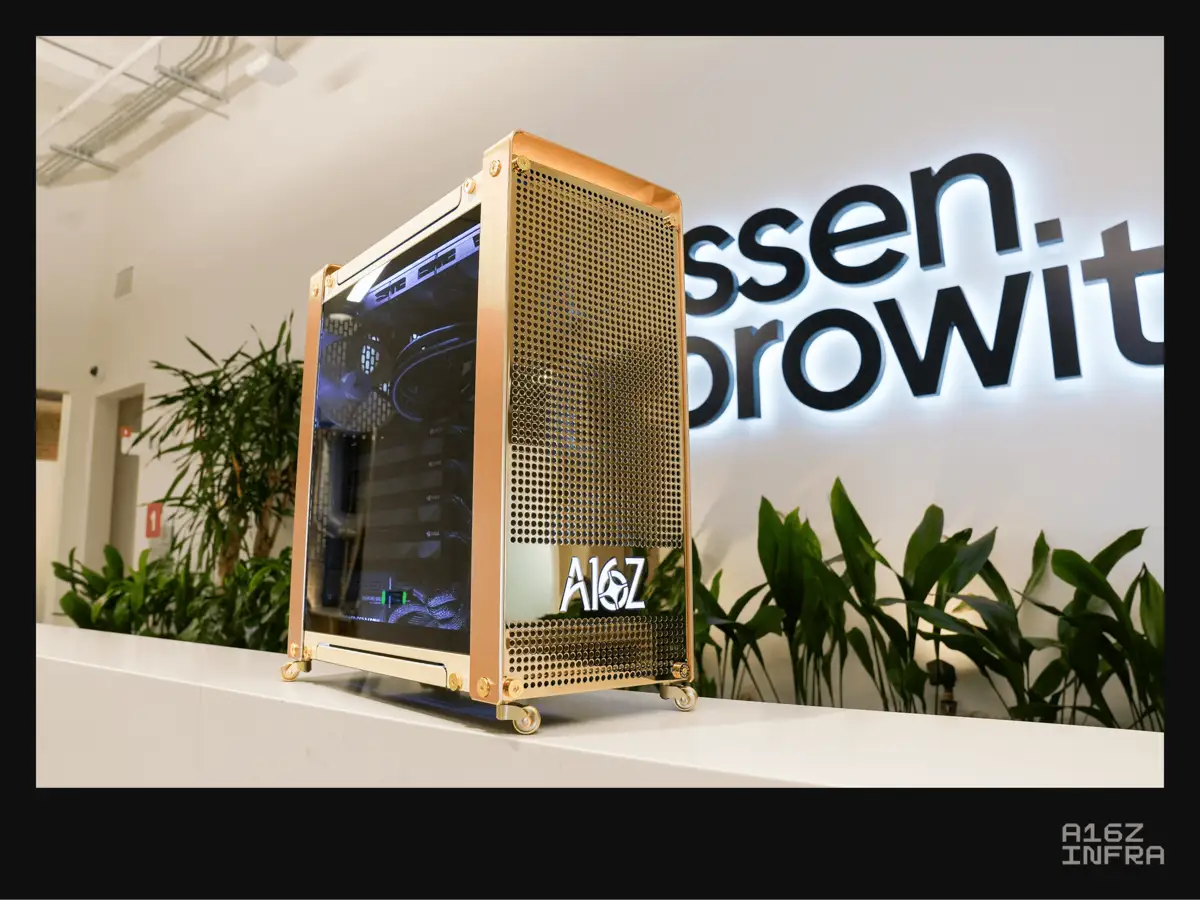
Four Blackwell GPUs, 1.65 kW of “compute”—and a toasty office.
a16z just showed off a custom AI workstation: four Nvidia RTX 6000 Pro Blackwell Max-Q cards, 384GB of VRAM, a Threadripper Pro, and a peak system draw of 1,650 watts. That’s basically a top-shelf space heater that also runs LLMs. Cozy, if nothing else.
The pitch is “desktop accessibility with datacenter power.” Sure. It also throws off about as much heat as a typical 1.5 kW space heater on high. Your HVAC will notice. So will your coworkers. This thing hums.
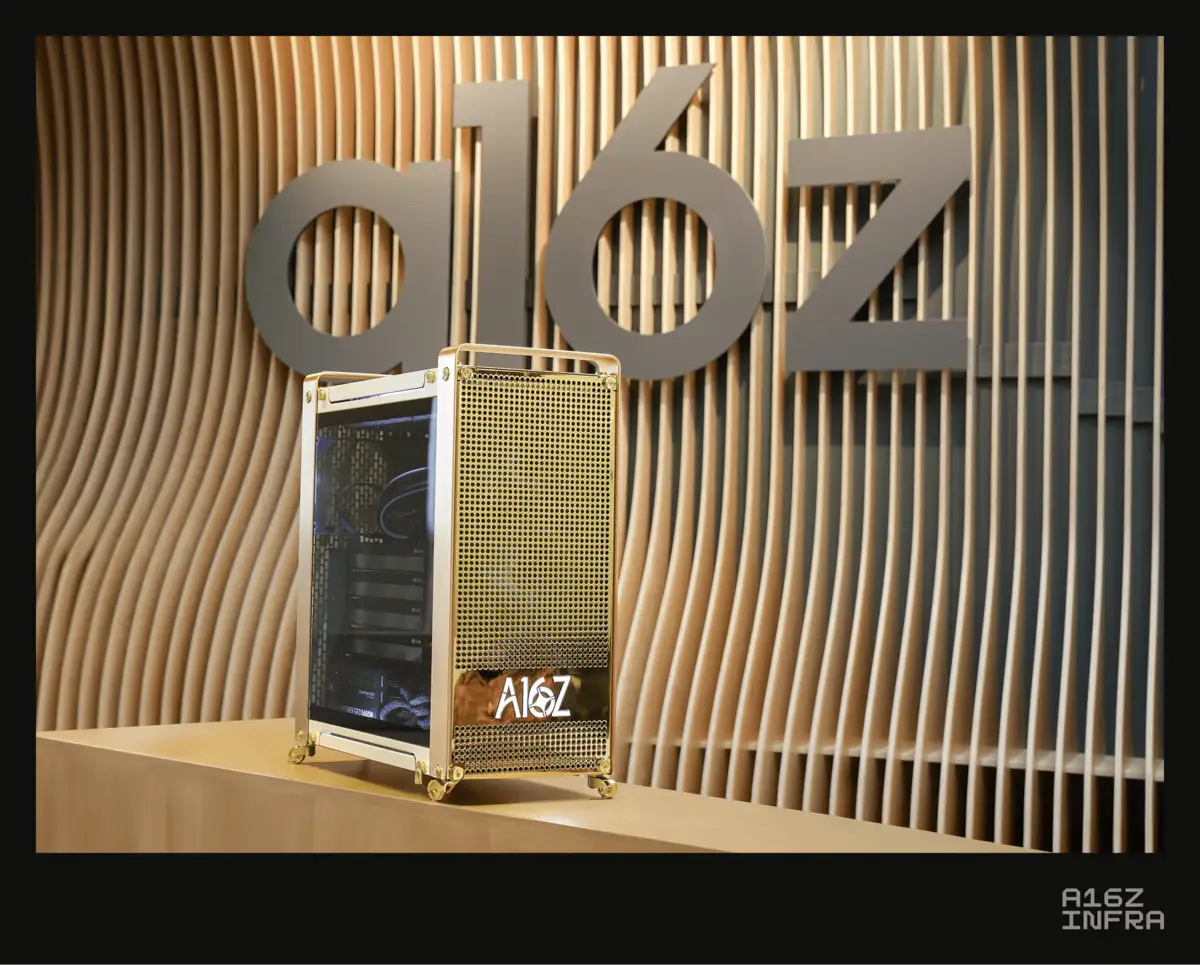
Math check: 1.65 kW × 8 hours × 30 days ≈ 396 kWh per month. At a ~15¢ national average, that’s roughly $60; in California, easily north of $100. Sticker math on the box itself: workstation-class GPUs of this tier are often five figures each, so four 96GB cards could land around $40,000–$60,000. Add ~$6,000–$9,000 for CPU, WRX90 board, ECC RAM, Gen-5 NVMe, cooling, and PSU. Call it ~$50,000-plus under the desk.
Winter is coming. Why not bundle warmth with “compute”? Most data centers don’t fit under desks. Most space heaters don’t fine-tune multimodal models. Pick your poison.
Why this matters:
- “Dual-use” narratives make heavy power draw sound like a feature, not a trade-off.
- As AI rigs move into homes and studios, industrial-scale energy use gets normalized.
Read on, my dear:
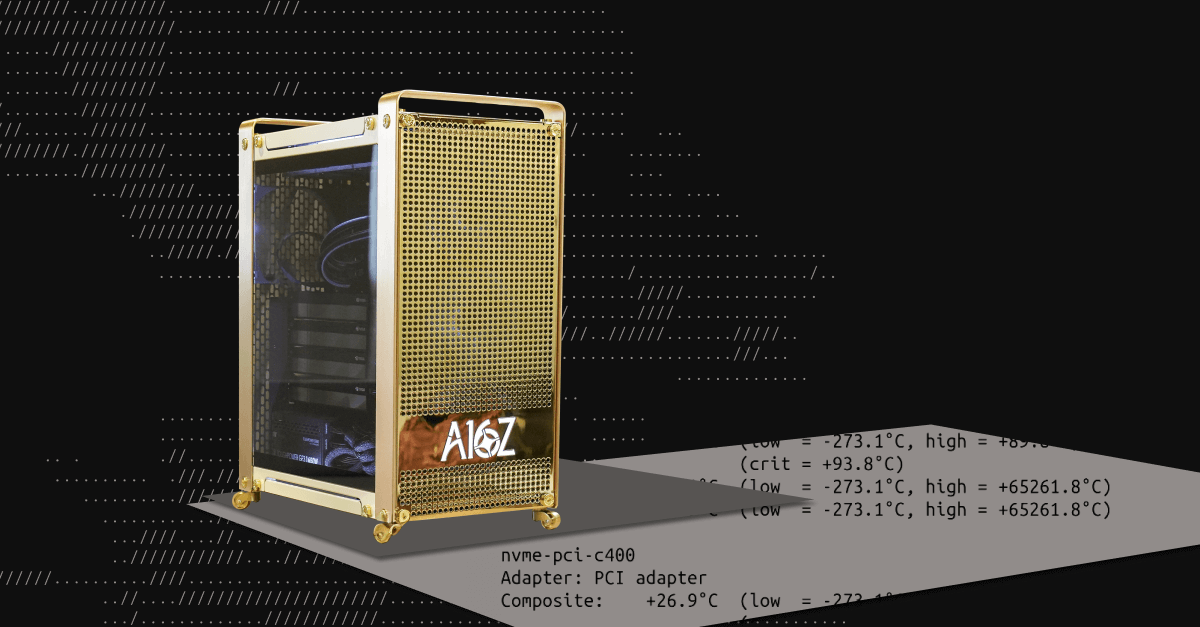
🚀 AI Profiles: The Companies Defining Tomorrow

Klarna: The Pink Payment Disruptor Goes Public 🚀
Klarna turned "pay later" into a $13 billion empire, then watched it crash to earth. Now Sweden's fintech darling is staging a comeback with an IPO that values discipline over hype.
• The Founders
Three Stockholm School of Economics students—Sebastian Siemiatkowski, Niklas Adalberth, and Victor Jacobsson—launched Klarna in 2005. Born from abandoned shopping carts and failed payments, the company now employs thousands across 26 countries. The trio bet merchants would pay for guaranteed conversions. They were right.
• The Product
Klarna owns the moment before purchase. Core BNPL splits payments into bite-sized chunks—pay now, 30 days, or four installments. The app adds price alerts, delivery tracking, and shopping discovery. Banking license enables cards, deposits, and payment routing. Retail media network monetizes attention. AI handles customer service. Revenue streams: merchant fees, interchange, interest, ads, subscriptions.
• The Competition
Affirm dominates US partnerships (Amazon, Shopify). Block's Afterpay plugs into Square/Cash App ecosystem. PayPal bundles installments into ubiquitous wallet. Apple pivoted from Apple Pay Later to partner integrations. Card issuers copy features with post-purchase plans. Klarna's edge: global scale, banking license, shopping discovery layer, and that distinctive pink brand.
• Financing
Peak valuation hit $45.6 billion in 2021 via SoftBank's Vision Fund II. Reality struck hard—down 85% to $6.7 billion in 2022. Sequoia, DST Global, General Atlantic, Silver Lake, and Dragoneer backed the rise. IPO targets $13-14 billion, aiming to raise $1 billion. Investors include growth capital's greatest hits.
• The Future ⭐⭐⭐⭐
Revenue up 20%, adjusted profit back in black, 111 million active users. Regulatory clarity incoming across US, UK, EU by 2026. The model works when credit stays clean and merchants keep paying. Risk: consumer credit cycles and funding costs can still wreck the party.










